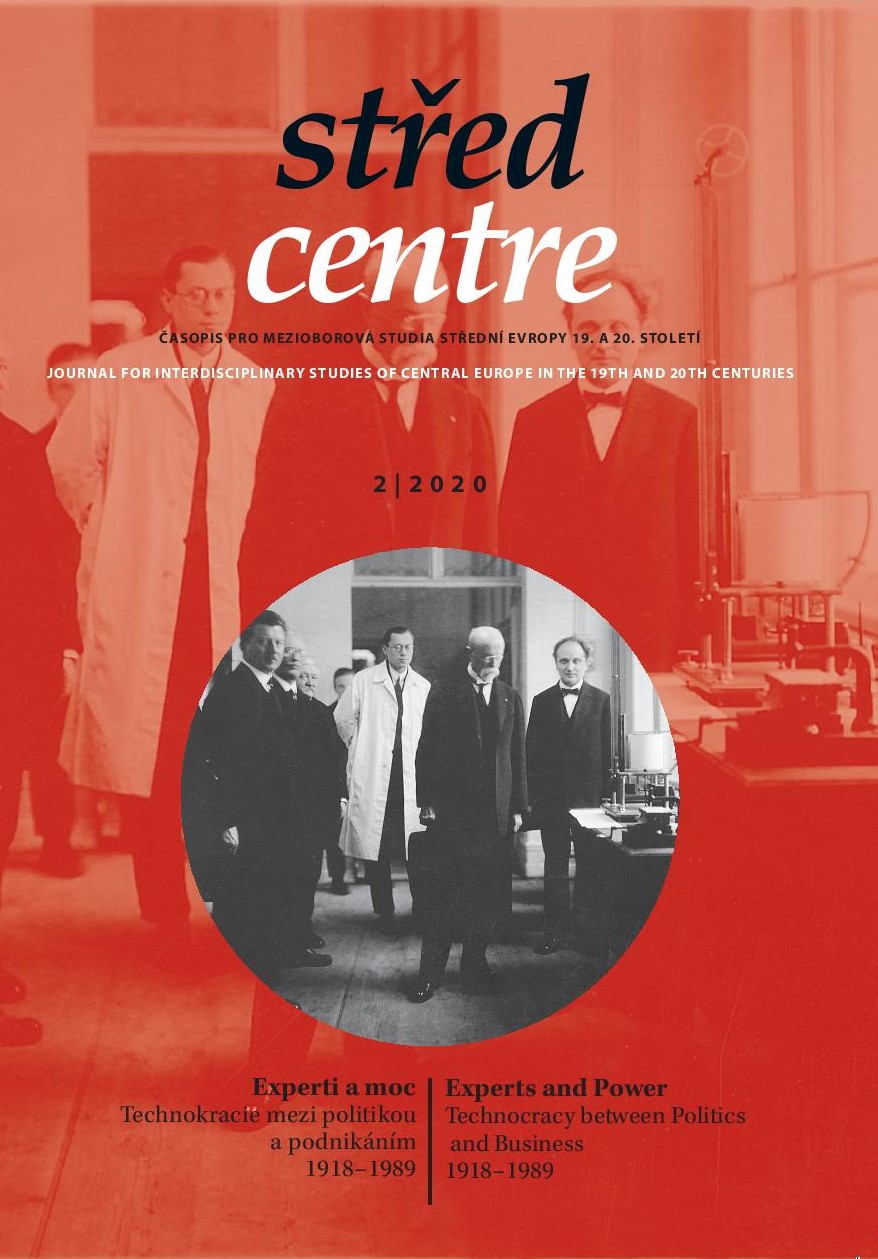“Labour that Serves the Good of All”. Technocratic Ideals and Czech Experts in Cooperation with Nazis in Bohemia and Moravia.
“Labour that Serves the Good of All”. Technocratic Ideals
and Czech Experts in Cooperation with Nazis in Bohemia and Moravia.
Author(s): Radka ŠustrováSubject(s): History, History of ideas, Social history, Recent History (1900 till today), Fascism, Nazism and WW II
Published by: AV ČR - Akademie věd České republiky - Masarykův ústav
Keywords: Labour Health; Technocracy; Collaboration; Protectorate of Bohemia and Moravia; National Socialism; Nazi-Occupied Europe; Supervisory Administration; Second World War
Summary/Abstract: The article focuses on the role of Czech experts in the regulation of labour distribution and the implementation of preventive and diagnostic healthcare during the Nazi occupation of Bohemia and Moravia. The technocratic ambitions of Czech experts are examined in tandem with the Protectorate organisations involved in regulating the labour market and recruiting workers for the German arms industry. The starting point of the study is Vladimír Sach’s novel Frantík, kladivo a spol. (Frantík, the Hammerand Co.), published in 1943, which reflects the technocratic ideals of the time and the author’s rationalisation of collaborative activism while expressing admiration towards the Nazi’s sophisticated distribution of labour. The following parts explore the institutional context, namely the Institute of Human Labour, and the involvement of experts in the official structures of the Protectorate and the rationalisation of everyday life in terms of employment policy and public health. The author draws on “rationally justified activism,”which kept the professional line of reasoning intact, allowing experts to define what was good and efficient for the Czech nation. Scientific rationality and political impartiality allowed Czech experts to significantly contribute to the social stabilisation of Bohemia and Moravia, which tended to the needs of keeping the social security systems and state administration going in the (Czech) national interest after the Munich Agreement of September 1938 and during the Nazi Protectorate of Bohemia and Moravia.
Journal: Střed. Časopis pro mezioborová studia Střední Evropy 19. a 20. století
- Issue Year: 12/2020
- Issue No: 2
- Page Range: 36-69
- Page Count: 34
- Language: English

